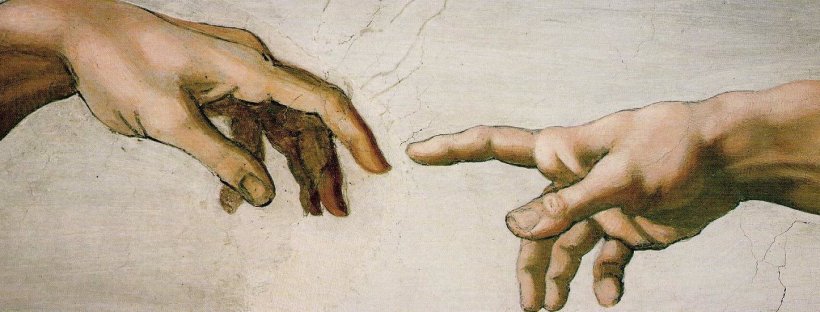What’s it all about?
Ode to the West Wind compares the strength of the wind to the movement of change and rebellion, and also presents it as bringing change and hope to the poet. The poem marvels at the beauty of nature as well as its harsh power. There’s multiple interpretations about what this poem may mean. Perhaps it is about rebellion, with the wind representing the drive for social change. Perhaps it is purely introspective, a discussion of Shelley’s own depression, and the hope that happiness might come again with the summer.
Basic analysis:
‘Vaulted with all the congregated might’. This line evokes an image of a church, but Percy Shelley was actually an atheist. Consider the idea that here the wind is assuming the place of god, usurping his position and becoming a creator itself. You might link this to the concept of pantheism, the belief that their is not anthropomorphic god, but that everything in nature encompasses a form of divinity. Almost every tercet has some sort of exclamatory phrase, as if Shelley is praising the wind in a prayer.
‘O wild west wind’ a very simple and subtle choice. Look at the soft consonance in this line, which creates the whispering effect of the wind itself. Shelley is allowing the sound of the wind to diffuse its way into the poem.
“Destroyer…preserver” The wind is personified as a really powerful force. It has the will to overcome the “pestilence” that Shelley sees in the world around him. The seeds are compared to “corpses”, but the wind restores life to them. Can the wind be a metaphor for restoring the spirit of protest, for restoring the self?
Structure:
This ode is from the book “Prometheus Unbound”, which was a lyrical drama. The lyric poem, here told in five cantos (sections), is usually about subjectivity and emotion. For this reason, a lot of people might argue the poem is about Shelley searching for flavour and strength in his life. Notice that as the cantos progress, the poem adopts a more triumphant tone, as if the power of the wind itself has seeped into the text.
Context: This was written shortly after the Peterloo massacre, where innocent people protesting peacefully were killed by the cavalry. Perhaps Shelley is expressing his helplessness at being powerless to stop this injustice, especially when he was known to be so politically charged. Alternatively, we might interpret the poem to be about his own depression, and the loss of his young son. Shelley is waiting for good times to be brought by the west wind, the same way it brings the warmer weather.
This wasn’t too detailed, but I hope it provides you with a spring board for your own notes!
Maria
x
